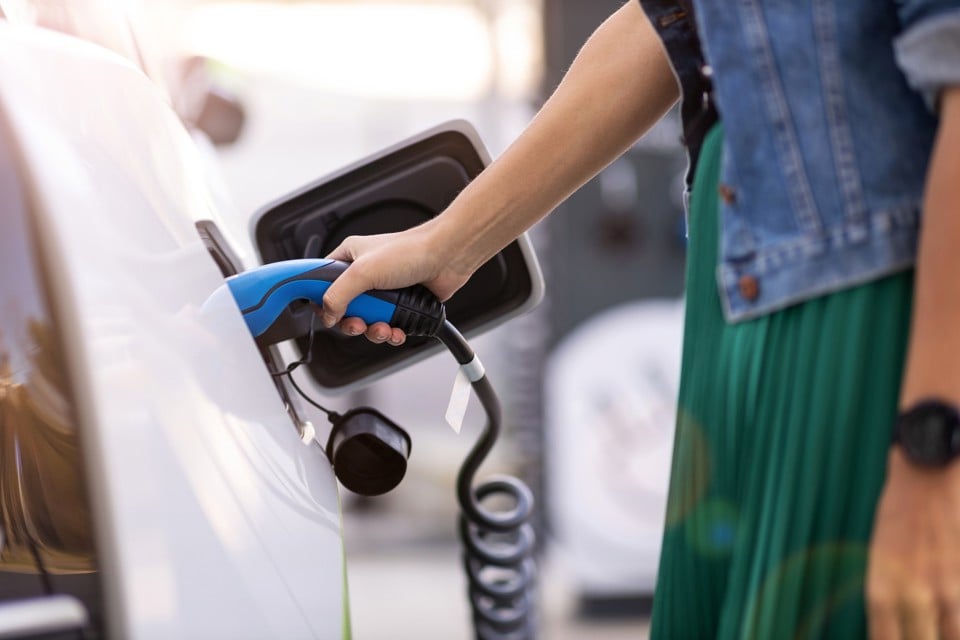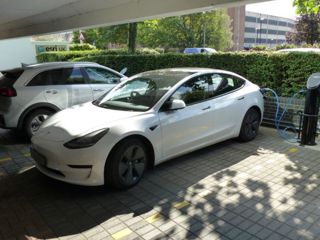Lex Autolease and Black Horse – part of Lloyds Banking Group – has provided £1 billion worth of new funding for electric vehicles (EVs) and plug-in hybrid electric vehicles (PHEVs) this year.
The funding milestone, against an £8bn target for new electric vehicle financing by 2024, reaffirms Lloyds Banking Group’s sustainability commitments, it says.
It includes the commitment to achieving net zero emissions across Lex Autolease’s customer fleet by 2030 and a 50% overall carbon reduction across the Group.
Richard Jones, managing director transport at Lloyds Banking Group, who recently announced his departure from the business, said: “As the UK’s market leader in automotive funding and leasing, we have made supporting the transition towards a zero-emission future central to our vision, helping motorists and companies along their journey to electrification.
“The £1bn electric vehicle funding milestone is a testament to the sustainability-first approach that sits at the heart of both Lex Autolease and Black Horse and our overall commitment to offering practical solutions that help businesses and private owners realise the potential of making the switch to electric.”
The Group is also responsible for one in every 10 electric vehicles registered on the UK’s roads, with more than 102,000 alternatively-fuelled vehicles under management – including 55,451 EVs and 47,200 PHEVs.
Lex Autolease, the UK’s largest fleet leasing and funding business according to the FN50, is accountable for more than two thirds of the Group’s vehicles, with 69,237 vehicles delivered to date, including 37,387 BEVs and 31,850 PHEVs.
Black Horse, the consumer car finance arm of Lloyds Banking Group, has funded 33,414 battery-powered vehicles, including 18,064 BEVs and 15,350 PHEVs, as it continues to support drivers on their journey towards an electric future.
Jones concluded: “As the uptake of electric vehicles continues to gather pace, we’ll work closely with government departments and manufacturers to ensure that the supply of vehicles and supporting charging infrastructure is able to withstand the demand from motorists.
“We are also open to supporting other technologies and solutions that can accelerate the transition to net zero.”
> Interested in comparing electric vehicle data? Check out our EV tool.
> Interested in ensuring the efficient use of EVs. Check out our dedicated editorial sections: Insight & policy | EV news | Charging & infrastructure | Costs & incentives | Benefit-in-kind | EV case studies | EV road tests






















Login to comment
Comments
No comments have been made yet.